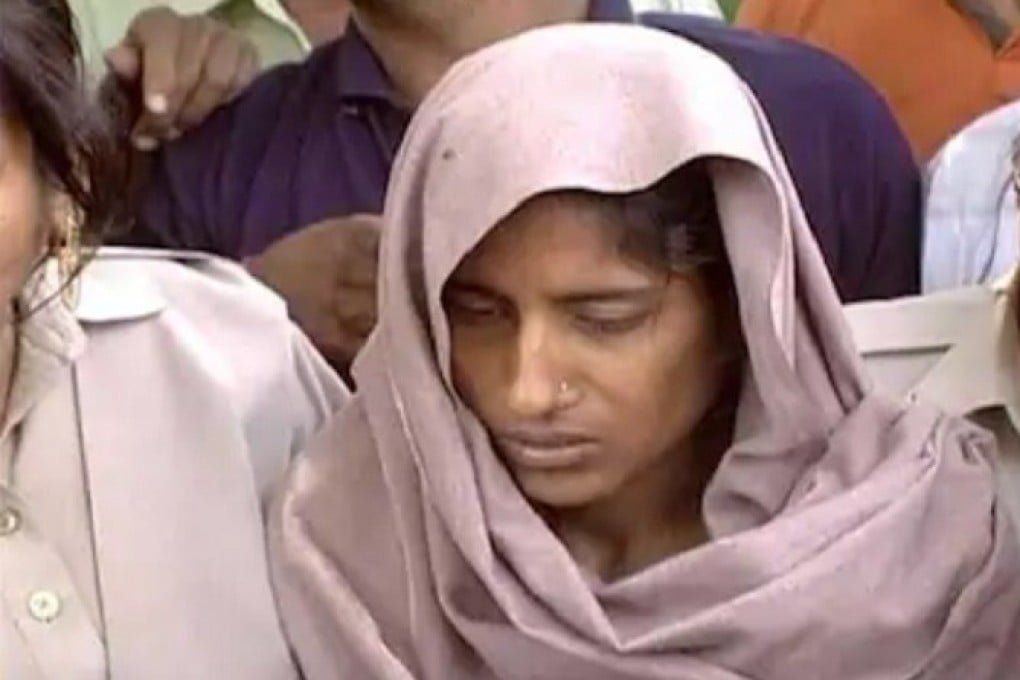Advertisement
India prepares to execute Shabnam Ali, first woman since independence
- Shabnam Ali and her lover were convicted and sentenced to death for killing seven members of her family in 2008
- If the hanging in India’s Uttar Pradesh state goes ahead, it will be the country’s first execution of a woman since 1947
Reading Time:2 minutes
Why you can trust SCMP
1

Prison authorities in India’s Uttar Pradesh state have begun preparations to hang a female inmate who has been on death row for 11 years, in what would be the first execution of a woman since the country’s independence from the British in 1947.
Shabnam Ali, 38, was sentenced to death for killing seven members of her own family in April 2008. A court found her guilty of carrying out the killings with her lover, Saleem – a high school dropout who worked as a day labourer.
The two were in a relationship and wanted to get married but Shabnam’s family of landholders was against it.
Advertisement
So the pair drugged Shabnam’s father, mother, two brothers and their wives before hacking them to death with an axe at their home in Amroha, about 380km from the state capital of Lucknow, the court heard.
The former primary schoolteacher, who was pregnant with Saleem’s child at the time, then strangled her 10-month-old nephew.
Advertisement
Advertisement
Select Voice
Select Speed
1.00x